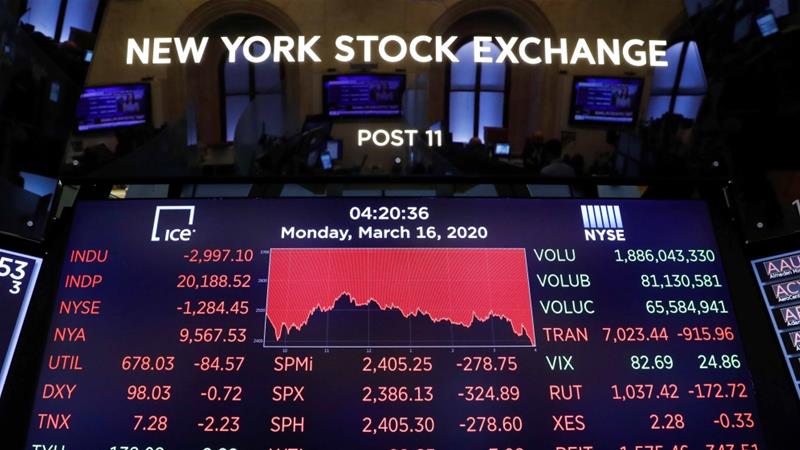The housing market of the U.S. has elevated in an average stretch of increases over the previous year. However, the COVID-19 infection will be its Achilles Heel.
‘Apparently, the U.S. housing market bubble has begun popping as of now in specific markets. Soon it will transform into an all-out crisis – one that could surpass what we saw in 2008,’ says Aleksandr Pritsker, the top realtor of New Jersey distinguished by Expert Network, with several professional accolades under his name. Starting with his real estate career in 2015, Aleksandr Pritsker became a multi-million dollar producing realtor at just a mere age of 30.
Unpropitious Signs Point to Major Housing Market Crash
The COVID-19 flare-up has shown up at just the right time to disrupt the U.S. housing market just before the summer times. The interest of the U.S. population in buying homes is probably going to endure a shot currently because of the financial aftermath of the coronavirus episode.
Moody’s chief financial analyst Mark Zandi gauges there is currently a 60% possibility of a downturn in the U.S. this year. The realtor, Aleksandr Pritsker, provides his insight on the statement explaining that just within the last month, the possibility of the crash has risen to 50%. He further added that by the end of this year, this recession is inevitable, without any clouds of doubt.
The possibility is that the COVID-19 flare-up can possibly gouge U.S. home sales to the tune of 10% in the short span. That won’t be astounding as all of the U.S. population observe lockdown and spend on basic needs during the pandemic.
Additionally, the country is now experiencing a downfall in demand for luxuries, including the entertainment, art recreation and restaurants. The statistics reflect that there is almost an 80% downfall among the demands of recreational activity as the citizens are observing self-quarantine, including the famous stars and celebrities. This will have a two-dimensional effect on the overall demand U.S. housing market. In the first place, individuals are probably not going to submit the down payment on a home, notwithstanding waiting for financial vulnerability. Second, feeble interest over a few enterprises could prompt loss of jobs and trigger unemployment and put progressively potential purchasers out of the market. Consequently, as the demand debilitates, the growth of prices will come to a halt.
Is it going to be worse than in the Past?
In 2008, the worth of homes and real estate in the U.S. allegedly fell 8.4% and cleared out about $2 trillion of the value of the housing market. Around then, there were apparently 11.7 million property holders then suffered the epidemic of underwater mortgage, which implies that their home loans were higher than the value of their homes.
In the first quarter of 2019, more than 5.2 million property holders have been reported to suffer the same epidemic of an underwater mortgage. While this is undoubtedly, lower than 2008 levels, one should not overlook that the market was blasting a year ago. Significantly, the crash of 2008 followed a constant pattern while the present crash has already begun to whirl up within the housing market; the trend is quite unpredictable.
More individuals are probably going to have taken out home loans a year ago to purchase new houses. Some may have taken on more than they could possibly deal with as the wage growth has been agonizingly slow when contrasted with the growth of housing prices. This reflects that while the majority of the landowners ended in 2008 up in the hot waters due to the crash, a section of landowners is already in the hot waters before the crash. The awful news for the U.S. housing market is that deals were relied upon to decrease 1.8% even before the COVID-19 episode grabbed grip. The downturn may deteriorate if the pandemic is not controlled on time. All things considered, the current year’s monetary constriction could surpass 2008’s drop of 2.5%. Against this view, there is a likelihood that the expected downturn will be greater than the one we witnessed in 2008.
All in all, the differences explain that the downturn this year could cause a major blow to the housing market of the U.S.
















